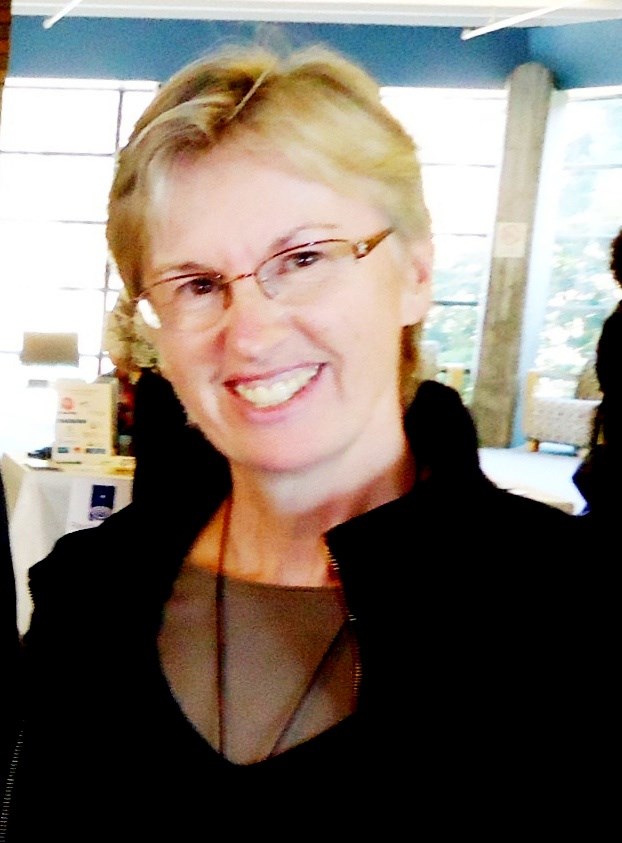 Abdu’l-Bahá, the son of the Founder of the Bahá’í Faith, traveled throughout North America on the eve of World War I, speaking of his father’s teachings related to the establishment of universal peace, including a democratic system of world governance. Although approaching 70 years of age, Abdu’l-Bahá spent almost a year giving hundreds of presentations, sometimes several a day, in churches, synagogues and other venues, public and private.
Abdu’l-Bahá, the son of the Founder of the Bahá’í Faith, traveled throughout North America on the eve of World War I, speaking of his father’s teachings related to the establishment of universal peace, including a democratic system of world governance. Although approaching 70 years of age, Abdu’l-Bahá spent almost a year giving hundreds of presentations, sometimes several a day, in churches, synagogues and other venues, public and private.
The story of Abdu’l-Bahá’s efforts for peace so long ago is a remarkable one. The story is far from over, but enormous progress has been made in the realm of global cooperation, despite occasional setbacks.
Shoghi Effendi, who succeeded Abdu’l-Bahá as head of the Bahá’í Faith, addressed much of his writing to the Bahá’í community in North America. On the eve of World War II, Shoghi Effendi wrote a series of letters that included observations regarding a critical issue: the principle of fair and equal participation of all nations.
The world is contracting into a neighborhood. America, willingly or unwillingly, must face and grapple with this new situation. For purposes of national security, let alone any humanitarian motive, she must assume the obligations imposed by this newly created neighborhood. Paradoxical as it may seem, her only hope of extricating herself from the perils gathering around her is to become entangled in that very web of international association which the Hand of an inscrutable Providence is weaving.
Abdu’l-Baha’s counsel to a highly placed official in its government comes to mind, with peculiar appropriateness and force: You can best serve your country if you strive, in your capacity as a citizen of the world, to assist in the eventual application of the principle of federalism, underlying the government of your own country, to the relationships now existing between the peoples and nations of the world.
A world federal system, democratic and humanitarian in character, is outlined in many more detailed Bahá’í writings as an essential element of world peace and prosperity. This global democracy, correctly designed, would draw the best and brightest representatives from all countries. The design put forward here by Abdu’l-Baháis elegant in its simplicity:
…that the national assemblies of each country and nation—that is to say parliaments—should elect two or three persons who are the choicest of that nation and are well informed concerning international laws and the relations between governments and aware of the essential needs of the world of humanity in this day.
Certain broad values are essential to this future system of governance. For example, Shoghi Effendi described the need to balance national loyalty with a wider allegiance.
Far from aiming at the subversion of the existing foundations of society, it seeks to broaden its basis, to remold its institutions in a manner consonant with the needs of an ever-changing world…
It does not ignore, nor does it attempt to suppress, the diversity of ethnical origins, of climate, of history, of language and tradition, of thought and habit, that differentiate the peoples and nations of the world. It calls for a wider loyalty, for a larger aspiration than any that has animated the human race. It insists upon the subordination of national impulses and interests to the imperative claims of a unified world. It repudiates excessive centralization on one hand and disclaims all attempts at uniformity on the other. Its watchword is unity in diversity.
Power in the era of world peace will require balancing unity with diversity, independence with interdependence, competition with cooperation. Yin and yang, male and female, in a dance requiring harmony and skill.
 Sheila Flood is a member of the Bahá’i community of Saanich and Chair of the Victoria Multifaith Society.
Sheila Flood is a member of the Bahá’i community of Saanich and Chair of the Victoria Multifaith Society.
You can read more articles on our interfaith blog, Spiritually Speaking HERE
Photo of path by Nathan Dumlao on Unsplash


